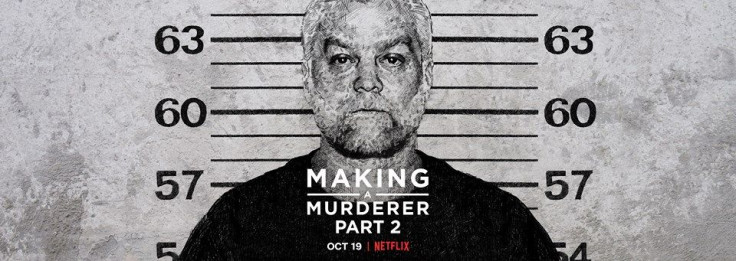
“Making A Murderer” Season 1 Episode 1 focused on Penny Beernsten’s attack and the details on Steven Allan Avery’s 1985 conviction for the crime. The now 57-year-old convict was charged based on Beernsten’s eyewitness testimony, and he spent 18 years locked up for a crime that he didn’t commit.
A new documentary titled “Contaminated Memories” is centered on the Beernsten incident — her account after having been sexually assaulted and attacked by one whom she initially identified as Avery as she was running along a beach. Directed by Debra Tolchinsky and published by The New York Times, the 13-minute true-crime factual film follows Beernsten as she makes her way back to where the crime had taken place.
In the location situated near Lake Michigan, Beernsten recalls the unfortunate day’s events, the investigation itself and how she felt when she identified the wrong person — ultimately realizing how certain factors may have impacted the identification process. Tolchinsky expounds on why recollections may get affected.
“Although most of us trust our recollections, cognitive scientists like Elizabeth Loftus have shown that suggestions and post-event information can modify memories,” said Tolchinsky. “Factoring in trauma, as well as the suggestive tactics investigators are sometimes incentivized to employ to close their cases, memory contamination becomes very plausible.”
After Beernsten pinpointed Avery from nine photos and a live lineup after that, Avery was sentenced to 32 years in prison. He was acquitted in 2003 after DNA results that matched Gregory Allen, confirming Avery’s innocence.
Beernsten admits that Allen, who was a suspect in a number of sexual assaults at that time, was a man that she had no recollection of. She goes on to say that Avery was the only man who was in the photo array — which was presented by the Sheriff — and the lineup.
“Once I made that identification, he in fact became my assailant [in my mind]. You can’t go back and decontaminate,” states Beernsten.
“Gregory Allen was free from 1985 until 1995, he was a suspect in between eight and 10 sexual assaults in those ensuing years,” said Beersten in the documentary, as reported by Metro. “So I had to ask myself, how many other women have had their lives turned inside out and upside down because the wrong person went to prison for my assault, and I played a role in that misidentification,” she continued.
“When I came to number six [which was Avery] I felt the color drain from my face, the hair on the back of my neck stood up, I marked on the piece of paper ‘number six,’ folded it in half and gave it to the Sheriff,” described Beernsten in the factual program, per Newsweek.
On June 30, Kathleen Zellner, Avery’s current lawyer, took to social media to comment on “Contaminated Memories.” “Finally an admission from the rape victim that the cops contaminated her eyewitness ID of SA. Only took 34 years,” she tweeted.
© 2025 Latin Times. All rights reserved. Do not reproduce without permission.




